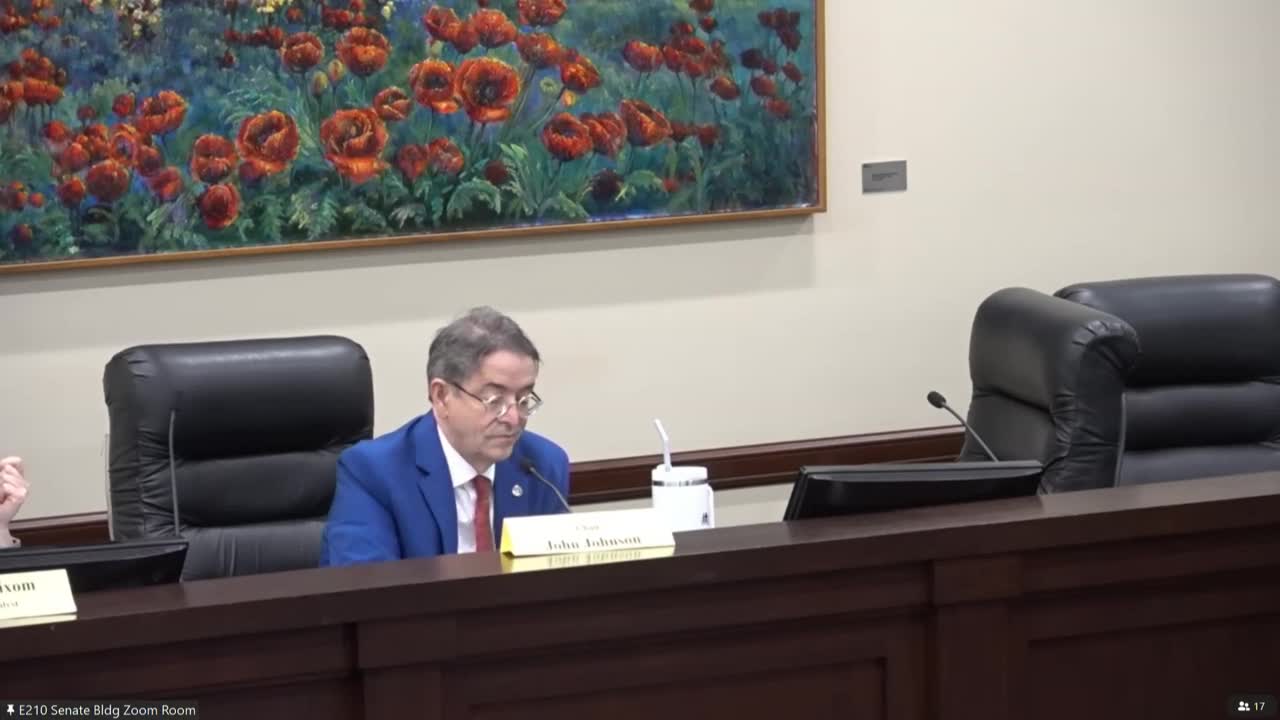Panel approves bill giving districts flexibility on reintegrating students convicted or accused of forcible felonies

Summary
Senate Bill 249, which clarifies when districts may place students who committed forcible felonies into alternatives rather than traditional classrooms, was unanimously recommended by the Senate Education Committee after testimony from Canyon School District and juvenile-justice staff.
The Senate Education Committee on Feb. 14 unanimously recommended Senate Bill 249, which clarifies how school districts may reintegrate students who have committed or are accused of forcible felonies and who present safety concerns for classmates or staff.
Senator Colomar introduced the bill and yielded to Susan Edwards of the Canyons School District, who said the legislation applies to a small percentage of students who have committed the most violent offenses described by law (forcible felonies) and seeks to give districts clear authority to place those students in alternative education pathways rather than reintegrating them into a traditional neighborhood classroom when doing so would threaten safety or conflict with protective orders.
Edwards said Canyons does not maintain a locked facility and that the bill clarifies district expectations and gives local educators latitude to find appropriate placements while ensuring the student continues to receive an education. Brett Peterson, director of the Division of Juvenile Justice and Youth Services, said the Juvenile Justice Oversight Committee has a working group on reintegration and added clarification that students convicted of murder would be incarcerated and not attending community schools.
Committee members asked clarifying questions about whether the language refers to victims or perpetrators when protective orders are present; Edwards explained the bill extends protections when either a victim or staff member has a protective order. Senator Reiby moved the committee recommendation; the motion passed unanimously.
The bill’s sponsors and witnesses characterized SB 249 as a narrow, safety‑focused clarification of existing reintegration requirements for extremely violent offenders, not a change to the state’s obligation to provide education.

